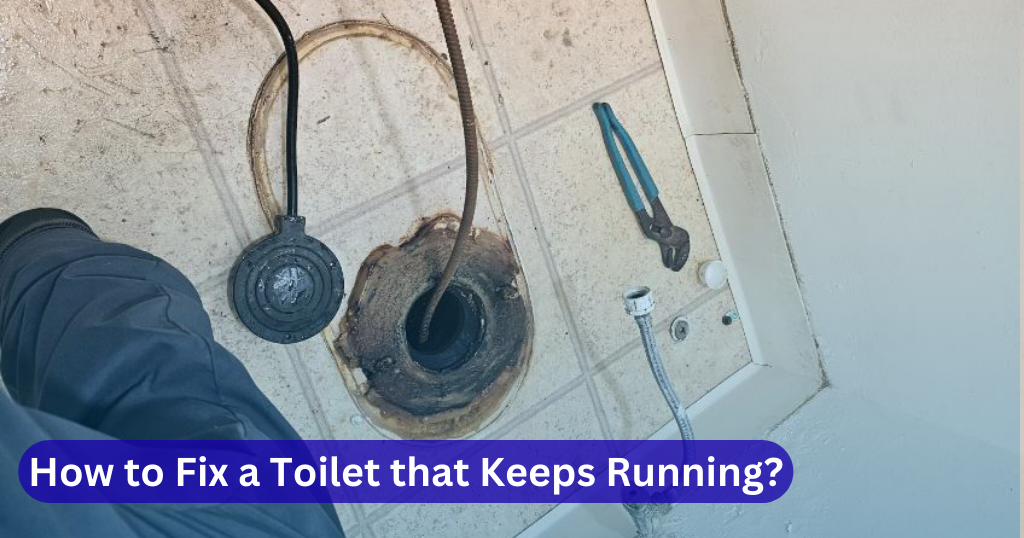Plumbing problems never start big, they start small. A slow drain, low water pressure, or a sudden rise in your water bill often means something is already wrong inside your pipes.
These are the early signs your plumbing system needs immediate repair. Ignoring them can lead to hidden leaks, mold growth, or even burst pipes that damage your home.
Our expert plumber guide explains the most common warning signs, why they happen, and when to call a plumber before it’s too late.
1. Slow-Draining Sinks or Baths
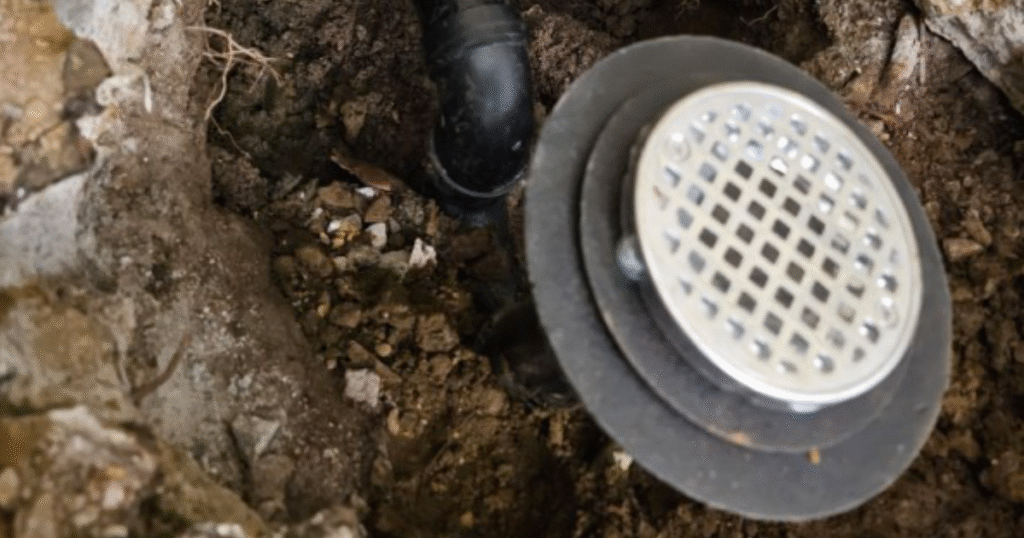
If your sink or tub drains slowly, it’s not only a minor clog. It could be deep blockages or early sewer line problems. Ignoring it only makes things harder to fix.
2. Unusually High Water Bills
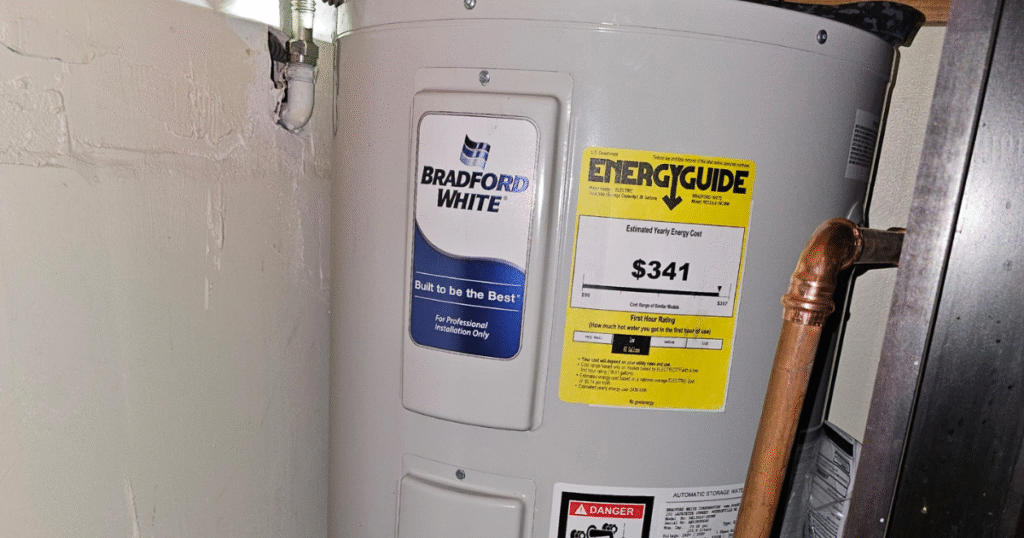
If your water bill suddenly jumps, don’t ignore it. A hidden leak or running toilet can waste hundreds of gallons. Check your water meter and fixtures and then call for help.
3. Reduced Water Pressure
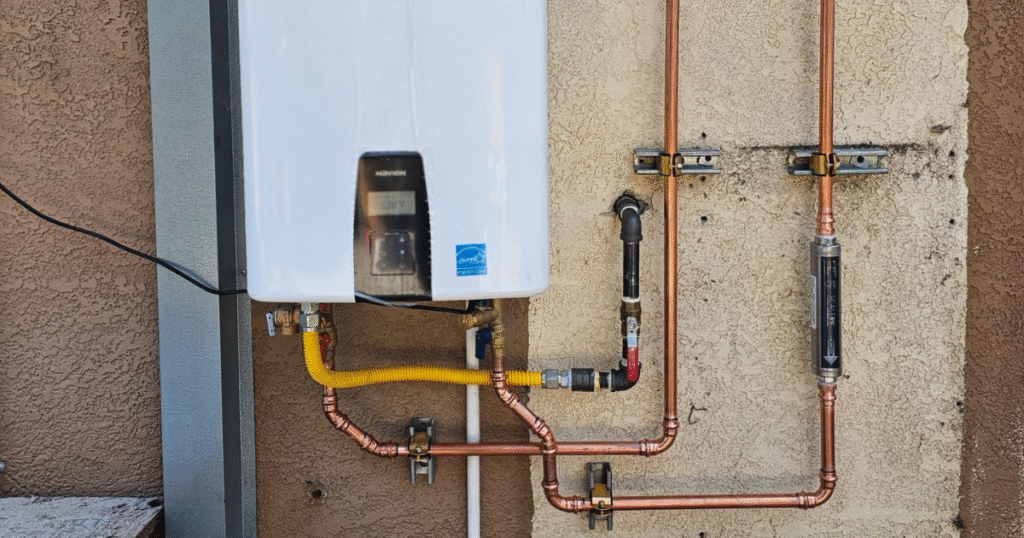
Low water pressure is a big red flag. It might mean pipe corrosion, leaks, or buildup in your lines. Don’t wait. This can get worse fast.
4. Gurgling Sounds from Drains
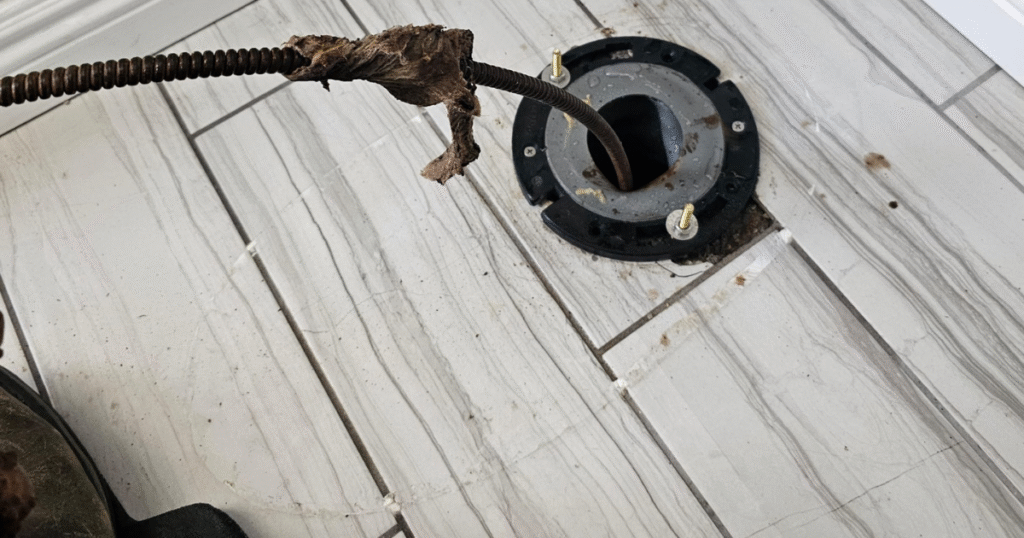
Hear strange noises in your toilet or sink? Think about it. It’s trapped air from blocked pipes or a sewer problem. This is not normal and requires immediate action.
5. Damp Patches or Mould Growth
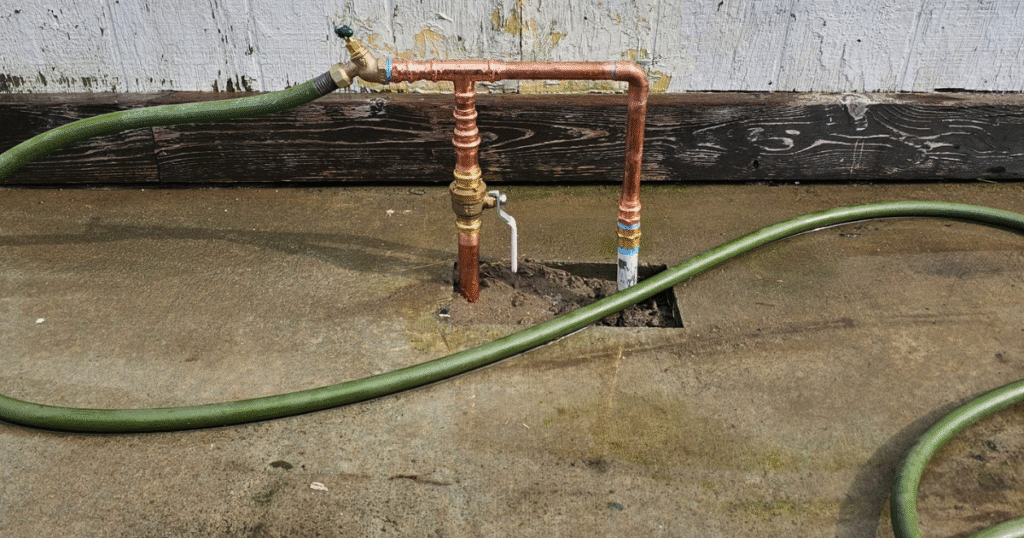
Wet signs on walls or ceilings? Musty smells in the bathroom? These point to leaks inside your walls. Mold grows fast and causes serious damage and health risks.
6. Water Discolouration
Rusty or yellow water is a warning sign. It may come from pipe corrosion or a failing water heater. You shouldn’t drink or use it until it’s fixed.
7. Unpleasant Odours
Bad smells from drains often mean sewer gas leaks or blocked vents. It’s not just annoying, it’s always unsafe.
8. Running Toilet
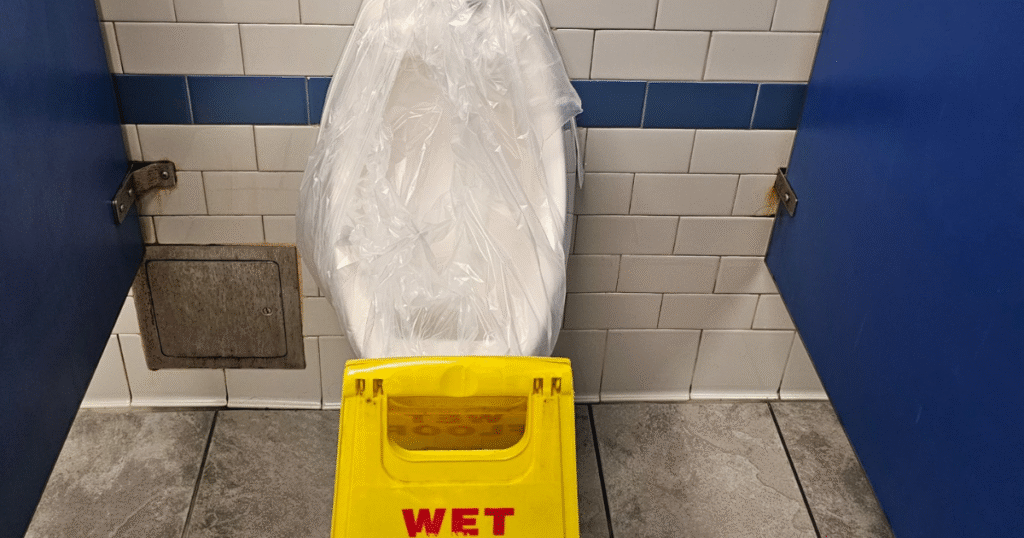
A toilet that runs non-stop wastes a large amount of water every hour. Usually, it’s a broken flapper or fill valve, but it still costs a lot on your water bill.
9. Inconsistent Water Temperature
Does your water go from hot to cold fast? That’s often a sign of a failing water heater, sediment buildup, or a faulty thermostat.
10. Unusual Noises from Pipes (Banging or Whistling)
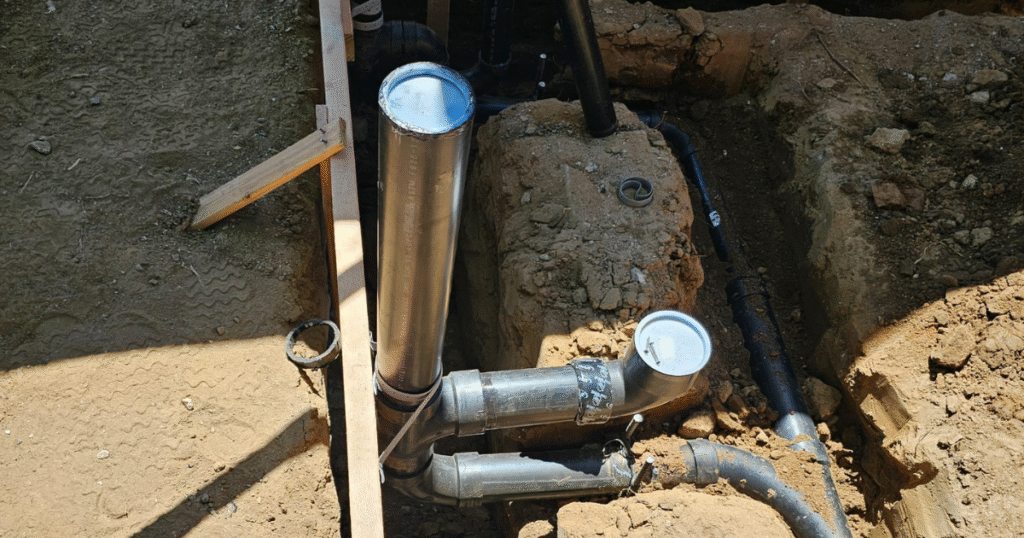
If your pipes bang or whistle, you could have a pressure issue, loose fittings, or water hammer. These noises are your plumbing’s way of crying for help.
11. Visible Pipe Corrosion
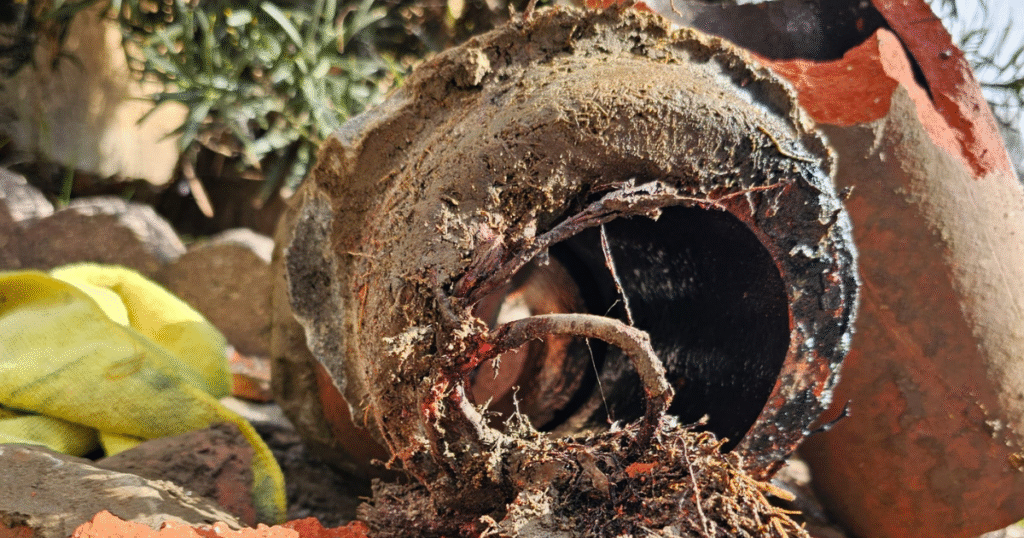
If you see green or white build-up, or flaking pipes under the sink, don’t ignore it. That’s corrosion, and it can lead to leaks or pipe bursts.
When Is It Time to Act?
If you’ve noticed any of these signs, it’s time. Don’t wait and overthink until your roof leaks or pipes burst. Early fixes are less expensive and save you from deep and big demages.
What Happens If You Ignore These Warning Signs?
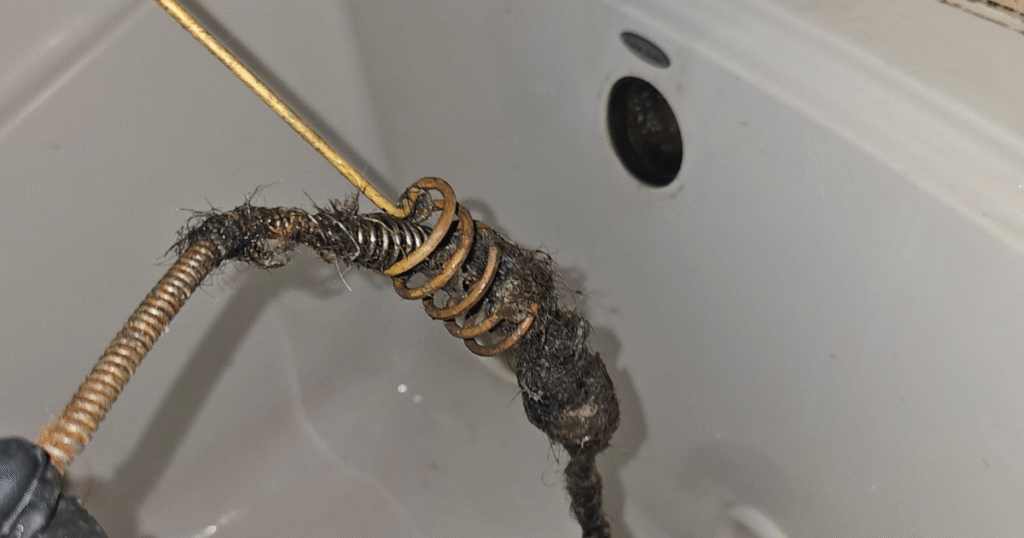
Note down that ignoring early plumbing issues doesn’t save money, even if it often costs more in the long run with bad effects.
Minor leaks or slow drains can quickly escalate into major damage when left untreated. Here’s what would happen if you delay repairs:
- Mold and mildew growth
- Hidden water damage
- Floor and wall damage
- Burst pipes in cold weather
- Rising water bills
- Emergency repair costs
- Sewer backups
Recent case study of our customer: In the end of 2024, a homeowner in Anaheim delayed repairing a slow kitchen leak. Within 4 months, mold had spread behind cabinets and into the subfloor. Final repair cost? Over $8,000, not including mold remediation.
What Is the First Fix in Plumbing?
When your plumber comes to your house, do you have any idea what I should fix with the plumber first? It’s ok nor worry. We are going to share some things that you must have known before.
Start by turning off the water supply. Then check for signs such as leaks, drips, or running water. A plumber can quickly find the root problem and fix it right away.
Need Help urgently? Here’s What to Do Next
Don’t let a plumbing problem grow. Contact All Bros Plumbing today. We’ll inspect, fix, or replace what’s needed. Fast, affordable, and professional.
Conclusion
Plumbing issues never fix themselves. A small leak, slow drain, or low water pressure may seem harmless now, but these are warning signs your system needs attention. The sooner you act, the more money and stress you save.
If you’ve noticed anything unusual with your plumbing, now is the time to act. Get a trusted local plumber to inspect, repair, and secure your system before it becomes an emergency.
Frequently Asked Questions
How long should a plumbing system last?
A plumbing system can last 40–70 years, depending on the materials. Copper and brass pipes often last longer than galvanized steel or PVC. Regular inspections help extend its lifespan.
Does my house need new plumbing?
If you notice frequent leaks, low water pressure, pipe corrosion, or your home is over 50 years old, you likely need repiping. A licensed plumber can confirm after a full inspection.
How do you check for leaks in plumbing?
Start by turning off all faucets and checking your water meter. If it moves, there’s likely a leak. Look for damp spots, mold, or unusual water bills. For hidden leaks, professional leak detection tools like acoustic sensors or thermal imaging are best.
What is the most common plumbing repair?
The most common repair is fixing a leaky faucet or toilet. Worn-out washers, flappers, or seals often cause constant dripping or running water, which wastes gallons daily.
What are the failure types of pipes?
Pipes fail due to corrosion, freezing, high water pressure, clogs, or ground movement. Over time, this leads to cracks, bursts, or leaks, especially in older or poorly maintained systems.


